France are the frontrunners to lead Group D at Euro 2024, but assumptions of an easy ride may be premature given the formidable presence of the Netherlands and a revitalized Austria.
As one of the prime contenders for the trophy, there are, however, valid concerns regarding the form and condition of the 2022 World Cup runners-up. A home friendly loss to Germany in March and a somewhat fortunate win over Chile soon after indicate that Didier Deschamps' squad may not be invincible.
Kylian Mbappe's form has raised some eyebrows, especially since he wasn't a regular for Paris Saint-Germain towards the season's end. His potential move to Real Madrid has also been a significant distraction. Nonetheless, Deschamps defended his star player, noting, "You don't think he's in form? He just scored 44 goals in a season."
France's defensive stability is another area of scrutiny, particularly concerning Dayot Upamecano. The team also hopes for a swift recovery for key midfielder Aurelien Tchouameni from his foot injury, which kept him out of the Champions League final.
The 24-team Euro format, which allows the top two teams from each group plus the four best third-placed teams to advance to the knockout stage, makes it hard to envision France not making it past the group phase. However, serious challenges for Les Bleus are likely to emerge in the later stages, especially given their exits in the 2016 final and the last 16 in 2021 under Deschamps.
The Netherlands are expected to be France's toughest competitors in the group. Despite losing to France in both qualifying matches, the Dutch, under Ronald Koeman's second spell as manager, are a formidable side. With a core of top-tier players like Virgil van Dijk, Frenkie de Jong, Jeremie Frimpong, and rising star Xavi Simons, the Dutch are poised to make an impact. De Jong's recovery from an ankle injury will be crucial, and a strong start against Poland in Hamburg on June 16 is essential.
Poland, having qualified through the play-offs by defeating Wales on penalties, appear to be the weakest link in the group. The team still heavily depends on the 35-year-old Robert Lewandowski, likely playing in his last major tournament. Despite having reliable performers like Wojciech Szczesny and Piotr Zielinski, Poland's inconsistencies, highlighted by losses to Albania and Moldova in their qualifying campaign, place them at a disadvantage.
Austria, on the other hand, enter the tournament in excellent form, despite the absence of star player David Alaba due to a ruptured cruciate knee ligament. Under the leadership of Ralf Rangnick, Austria finished just behind Belgium in their qualifying group and have recorded impressive friendly victories over Germany and Turkey. Rangnick's refusal of an approach from Bayern Munich underscores his commitment to the national team. "Our full concentration is on the European Championship," he stated. "We will do everything we can to get as far as possible."
Austria, with a squad featuring many Bundesliga-based players, will begin their campaign against France in Duesseldorf on June 17, setting the stage for a thrilling Group D showdown.



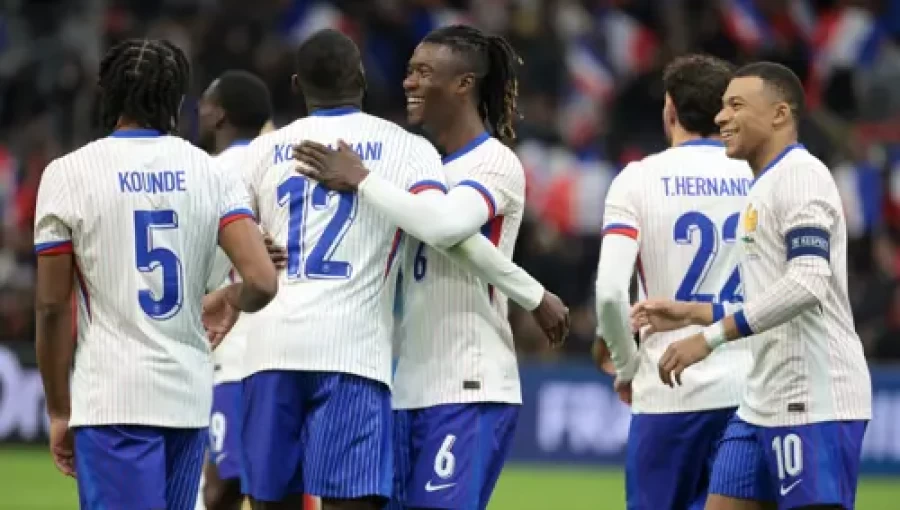
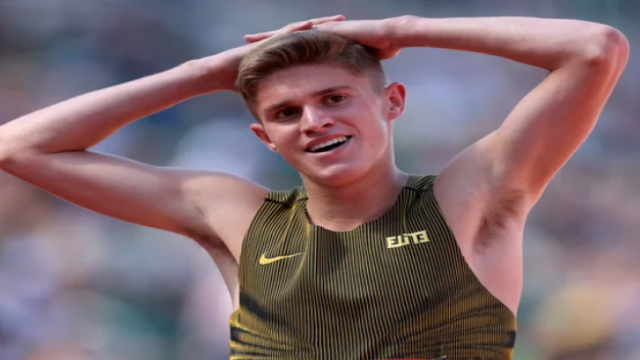
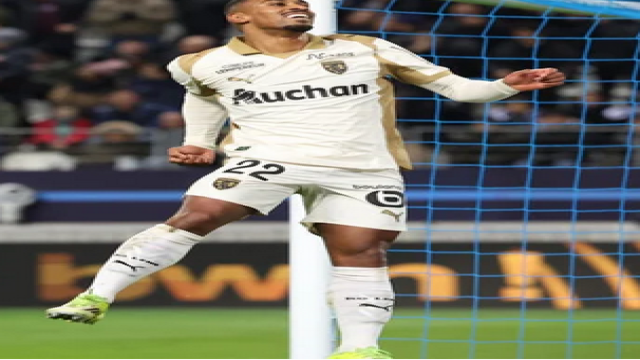
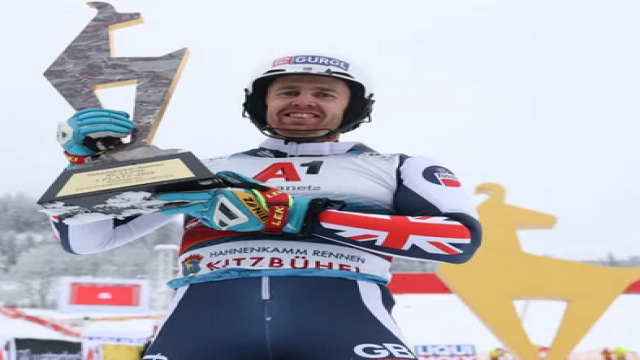
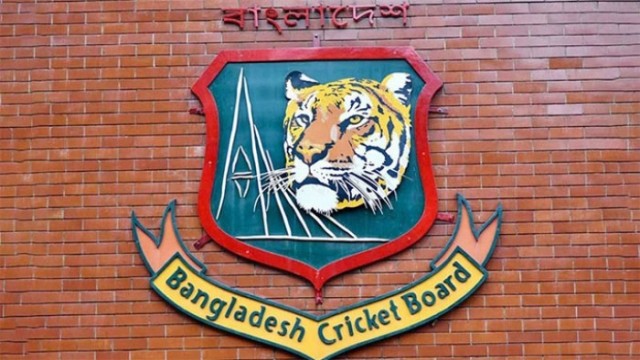
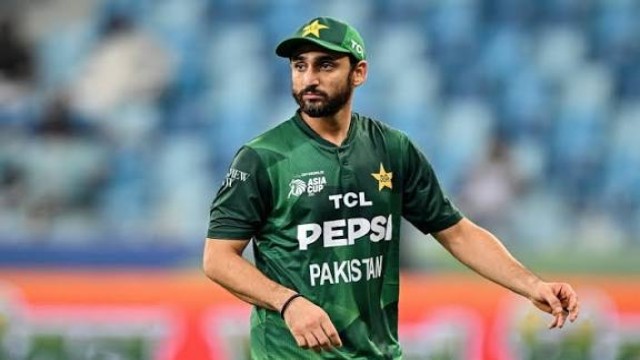
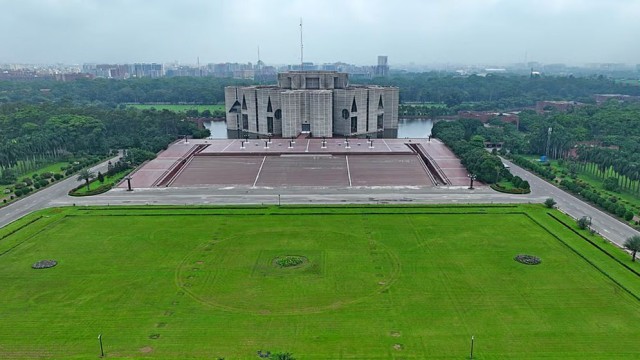
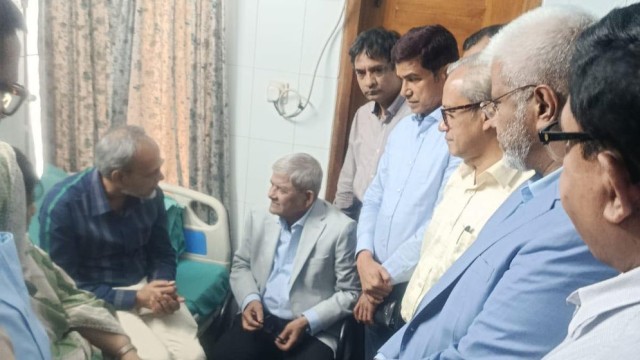

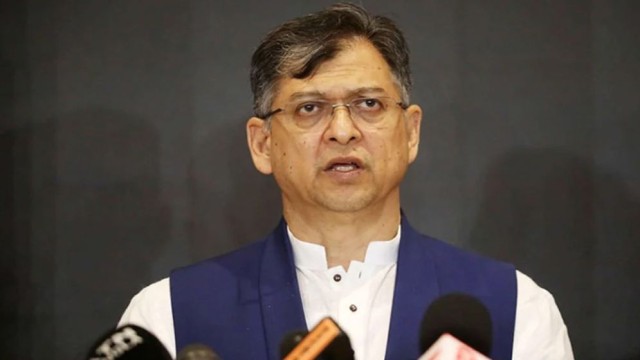

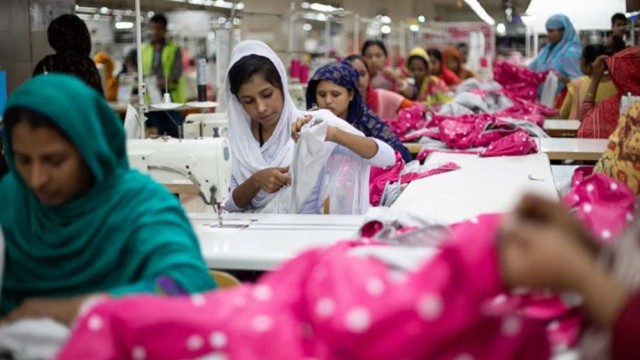
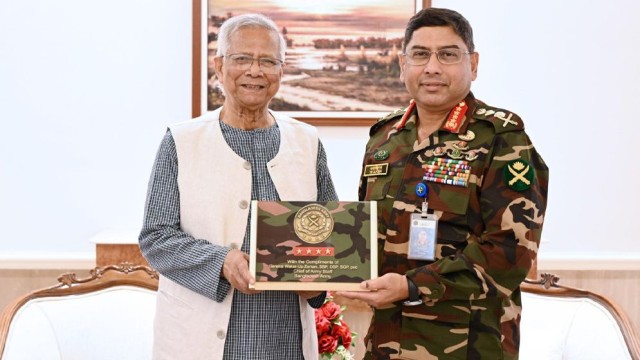
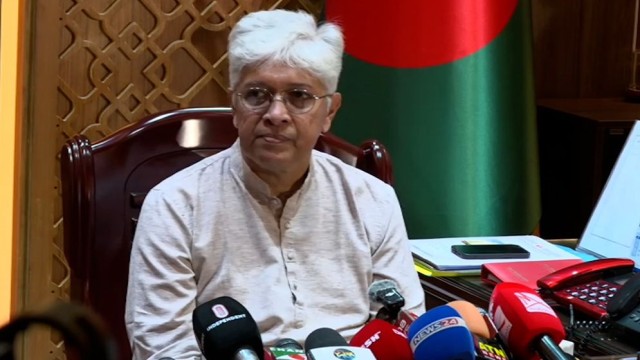
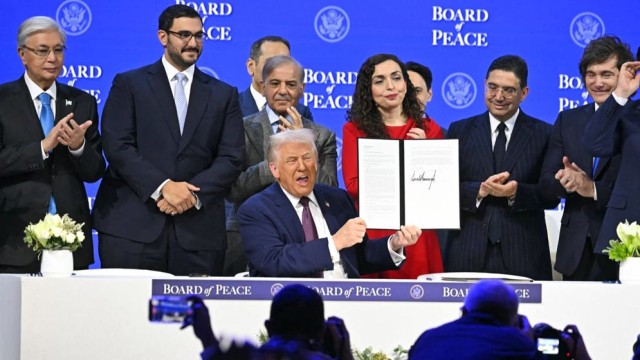
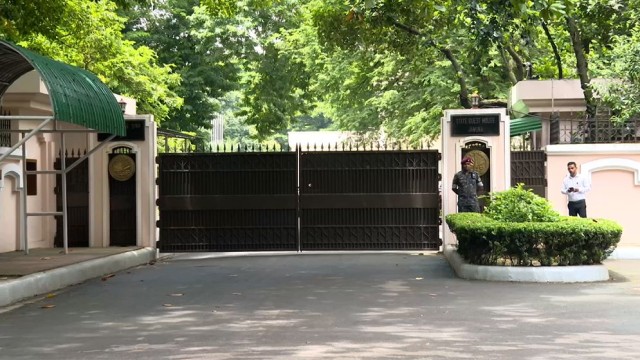











Comment: